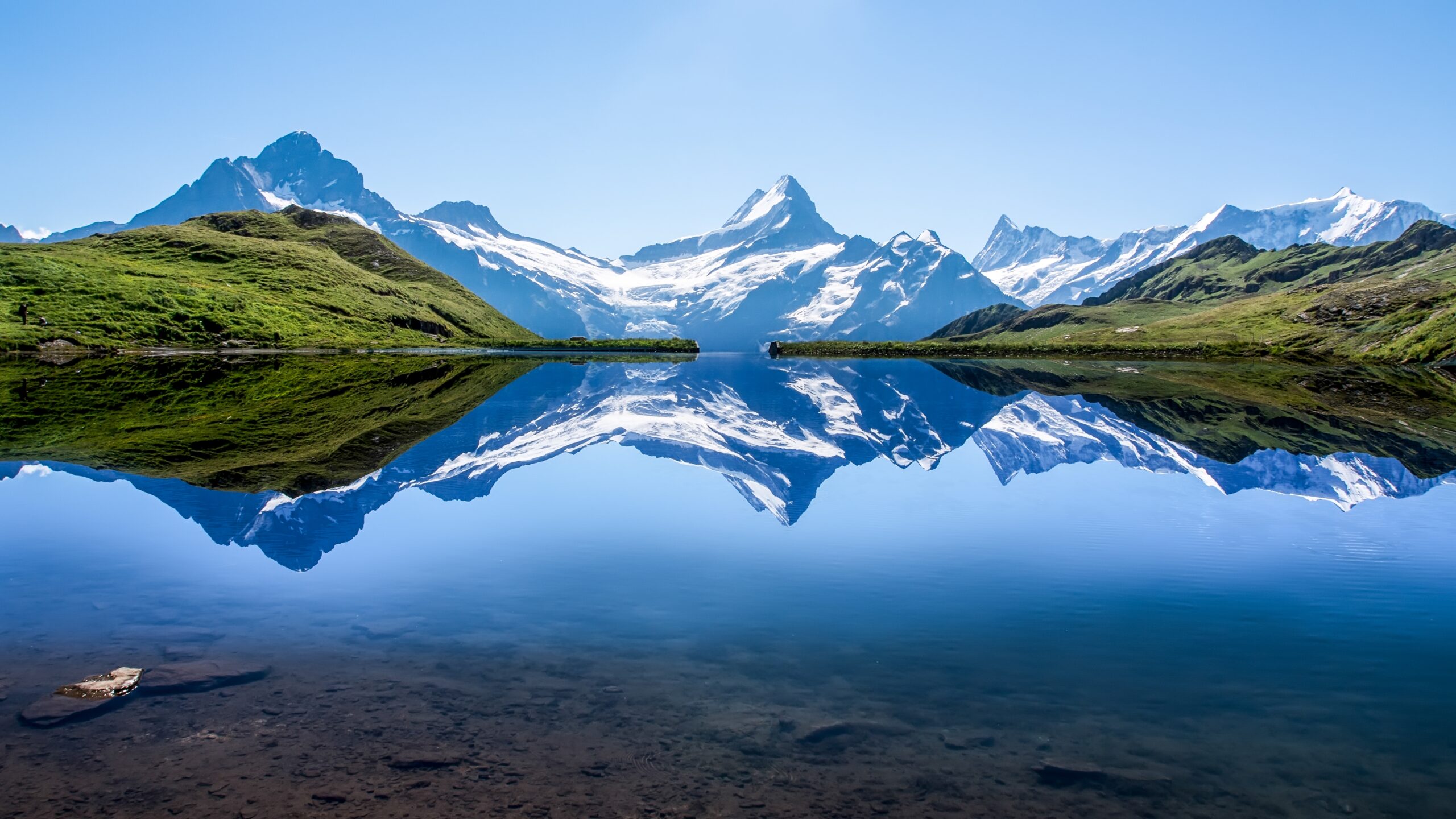SWEDEN (THE WASHINGTON POST) – The remains of a German mountaineer who had been missing for almost four decades were discovered in the melting ice just off the Matterhorn mountain earlier this month, Swiss police said Friday.
A photo published by police showed the man’s belongings – climbing ropes, a gray cloth and a singular black boot with crimson laces – well preserved from years in the ice and snow.
It is a grisly discovery that underscores the unforgiving nature of the world’s highest summits and how climate change is warping the magnificent peaks.
Police in Valais canton, in southwestern Switzerland, did not publicly identify the man but said DNA analysis revealed he was a 38-year-old German climber who had been reported missing in September 1986.
“The bodies of mountaineers whose disappearance was reported decades ago are increasingly turning up due to the receding glaciers,” law enforcement said.
Matterhorn is a pyramid-shaped, 14,692-foot-high mountain that straddles the borders of Switzerland and Italy. As of 2011, at least 500 people are estimated to have died attempting to climb it – a significantly higher death toll than Mount Everest, the world’s tallest peak at just over 29,000 feet. Everest borders China and Nepal.
Rising temperatures and melting glaciers have not only revealed more bodies, but also made the journey for other climbers even more dangerous, as melting permafrost increases the risk of landslides and rockfall. The volume of alpine glaciers has shrunk by about 60 percent since the mid-19th century, according to the Swiss National Centre for Climate Services, and annual snow days have also decreased since at least the 1970s.
In 2014, the remains of a Czech mountaineer who had been missing since 1974 were found near Switzerland’s Mount Titlis. On Matterhorn, the remains of a British climber were found in 2013, more than three decades after he was reported missing. About two years later, the bodies of two Japanese climbers were also discovered, capping a nearly 45-year mystery.
The bodies of missing climbers are hard to locate if they become buried under snow or slide farther down the slopes as time goes on. Even if they’re found, some remain stuck because volatile weather, poor flight conditions and the physical strain of moving dead weight at high altitudes are risky for searchers. On a few occasions, people have died trying to recover bodies on the world’s highest peaks.








